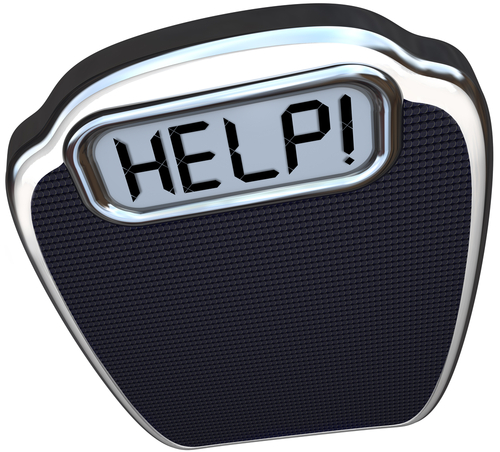
It’s not just a myth that it is more difficult to shed the kilos as we get older – research has shown that it is much more difficult to lose pregnancy weight as we age, especially in our 40s and beyond. But why?
Metabolism
Our metabolism naturally slows down as we get older, with recent research suggesting that it starts to slow down every year after the age of 25. Some figures suggest that our metabolism slows by up to 10% every decade, meaning that our metabolism speed could be almost halved by the time we reach our 60s.
We also lose muscle mass as we get older – as much as up to 225g of muscle per year every year after the age of 30. Muscle helps to boost metabolism, as the more lean muscle you have, the more calories your body uses to sustain that muscle. The less muscle you have, the slower your metabolism becomes. You can combat this, however – 2-3 weight training sessions each week will help to increase muscle mass, staving off a sluggish metabolism.
Body Composition
The older you are, the more likely it is that you will have yo-yo dieted – that is, lost a lot of weight, put it back on again plus more on top, then lost the weight and gained the weight again and so on and so on. When you lose lots of weight, you are more likely to lose muscle as you do so – and as you gain weight again, you are more likely to gain it as fat.
This means that you could end up weighing the same as you did before the yo-yo diet, but you’ll have a higher percentage of body fat and a lower percentage of muscle mass.
Fat is more difficult to lose than water weight or even muscle mass, and so repeated pattern of yo-yo dieting can make it very difficult to lose weight. Combat this by steering clear of yo-yo diets – instead, aim to lose weight slowly and steadily and opt for a healthy eating plan like the Lose Baby Weight plan rather than a diet so that you don’t pile the weight back on once you reach your goal.
Change in Lifestyle
Often, as we become older, we also become more sedentary – meaning that we burn fewer calories through exercise, thus storing more calories as fat. Because of this, it’s important to change your calorie intake as you get older – if you take in the same amount of calories as you did when you were younger, but you burn off less of them, you will inevitably gain weight.
Research suggests that you might have to decrease your calorie intake by as little as 100 per day to maintain your current weight, so you can still eat plenty! You could also make a concious effort to increase the amount of exercise you do, or you could simply make a resolution to move more. For example, do a few laps of the living room when you’re watching television, or use the time spent waiting for the kettle to boil to do squats or lunges.
Stress
Stress can often increase as you get older – the challenges of running a home, paying the bills and looking after children can add up. The more stressed you are, the more difficult you may find it to lose weight as when you are stressed, a hormone named cortisol is released by the brain in order to deal with that stress. When cortisol is repeatedly released and there are excess levels of it, the hormone is then stored as fat in your body – often in the stomach area.
To shed the kilos, you need to relax more. Try meditation techniques such as deep breathing and visualisation, and exercises that relax your mind and body and strengthen your core, such as Yoga and Pilates.
Losing weight doesn’t have to be impossible just because you’re a little older – work hard at it and you will see results!
And don’t forget to check out our current promotions and discounts page to see what specials we have on this week on our Healthy Mummy product range
